The Good Life of Wallace Brown By Peter C. Kent
After Wallace Brown retired from his 30-year teaching career at the University of New Brunswick, he started a newsletter entitled “Sergeant Brown’s Tips for Better Living,” linking back to his British National Service days as a sergeant in Hong Kong in the early 1950s. He sent this amusing newsletter to his friends worldwide in his retirement years. The newsletter promoted good food, good drink, and good companionship, which represented the good life as Wallace had lived and enjoyed it. As he wrote of himself, “he liked mystery novels, fly fishing, beer, hiking, curries, wine, jazz, theatre, pubs, alcohol, the films of Jean Renoir, the poems of Thomas Hardy, and the company of women.”
Wallace could best be described as “mid-Atlantic,” with the accent to prove it. He was born in Alberta, raised and educated in England from the age of 5 to his graduation from Oxford. Then, graduate studies in the United States for an MA at the University of Nebraska and a Ph.D. at the University of California, Berkeley. Despite his familiarity with all sides of the Atlantic world, his favored corner was Scotland, and, in Fredericton, he helped to keep the Scottish tradition alive as an active member and promoter of the St. Andrew’s Society and as a founding member of the Frederiction Whisky Tasting Society.
After short stints of teaching at the University of Alberta and Brown University, Wallace arrived at the University of New Brunswick in 1967 as one of three American historians in an expanding department. He was a very agreeable colleague, charming and easygoing with a fine sense of humour.
For Wallace, an essential aspect of his good life was the writing and teaching of history. He enjoyed research, was a comfortable writer and was an excellent teacher. He came to UNB as a published scholar on the United Empire Loyalists. His 1964 dissertation at Berkeley had made use of the Loyalist claims for compensation from the British government after the American Revolution. Wallace sought to determine through his research what kind of people had remained loyal to Britain. In 1965, he published his dissertation The King’s Friends: The Composition and Motives of the American Loyalist Claimants. This publication landed him in the middle of a historiographical controversy with scholars such as William H. Nelson (The American Tory) and Esther Clark Wright (The Loyalists of New Brunswick) over whether the Loyalists represented a social elite, as Wallace claimed, or a broader cross-section of society. By1969, when he wrote a more general history of the Loyalists, The Good Americans: The Loyalists in the American Revolution, he was more nuanced in his description of the social background of the Loyalists.
Throughout his career, Wallace’s scholarship remained focused on the Loyalists. At UNB, he played a role with others in securing an extensive collection of documents relating to the Loyalist experience. Initially, it was intended that this joint American-British-Canadian Loyalist Papers Project would result in repositories of microfilmed Loyalist documents residing in New York, London, and Fredericton. However, the American and British parts of the project fell through, and only Fredericton stepped up to house a sizeable distinguished collection of Loyalist source material, which ensured that UNB became an important international centre for Loyalist studies.
Wallace extended his studies into the Loyalist diaspora, first in Canada, through the publication in 1984, in conjunction with Hereward Senior, of Victorious in Defeat: The Loyalists in Canada. His research took him farther afield, to the West Indies for studies on the Loyalists in Bermuda, the Bahamas, Dominica, and Belize. He also went to Africa to study the Loyalists of Sierra Leone. He has authored over 40 articles in scholarly journals and was recognized as a Fellow of the Royal Historical Society, while UNB designated him Professor Emeritus of History on his retirement.
In addition to his scholarship as a professional academic, Wallace also saw himself as a public historian, presenting and explaining history to a broader audience. He did this through his teaching and public talks. He also published in newspapers and magazines read by a wider public, such as History Today, American History Illustrated, The Loyalist Gazette, and the newsletter of the United Empire Loyalists Association of Canada.
For Wallace, another component of the good life were movies. Wallace loved movies. He introduced a course on “American History through Film” at UNB, and for five years, he was the movie reviewer for CBC Radio in Fredericton. He also acted in films made in the Fredericton area. In 1998, he appeared in A Midwife’s Tale shot at the King’s Landing Historical Settlement, and, in the same year, At the End of the Day: The Sue Rodriguez Story, a television movie about Rodriguez’s search for an assisted death. Wallace performed off-screen as the “Doctor of Death” when only his voice was recognizable.
Wallace was an active member of the New Brunswick Filmmakers’ Co-op for many years.
In the final edition of “Sergeant Brown’s Tips for Better Living,” Wallace wrote about chocolate, and this led him to the culinary delicacy of deep-fried Mars Bars, which had been created in 1995 by a Scottish Chip Bar near Aberdeen “and soon gained controversial newspaper, then other media attention, as a symbol and prime example of Scotland’s notoriously poor diet. A chocolate bar deep fried in fish batter is not essential for a healthy diet, nor is it instant death. Think of it”, he quipped, “as Scottish tempura.”
Wallace also enjoyed the occasional bit of fun. I have just learned, while writing this reflection, that one summer, Wallace took on a promotional tour of New Brunswick as Colonel Harland Saunders to promote Kentucky Fried Chicken, dressed in costume, with the mustache, goatee, and southern accent to match. Somehow, that did not appear in his curriculum vitae.
Wallace Brown




